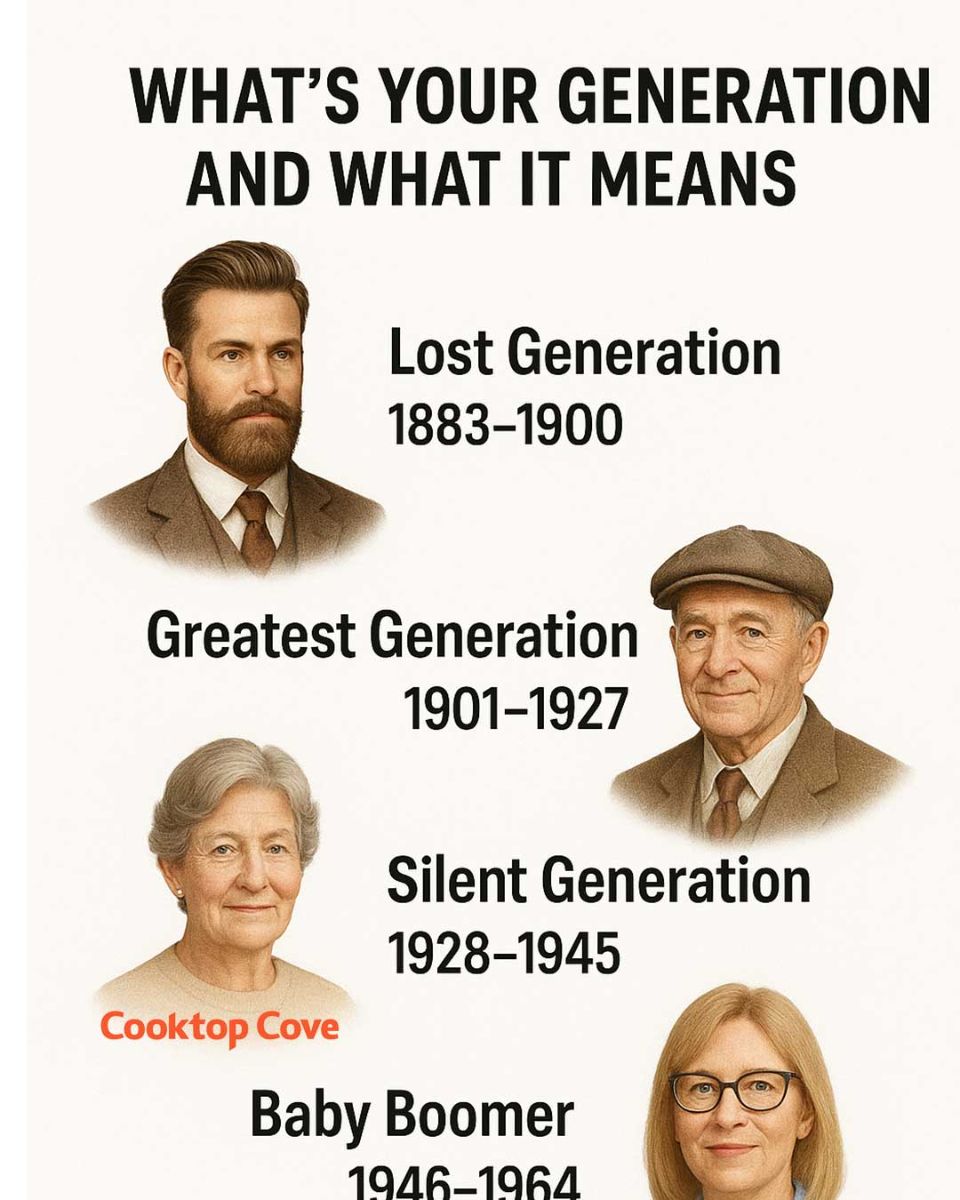What’s Your Generation and What It Means
In the tapestry of human history, generations are the distinct threads that weave together the past, present, and future. Each generation carries with it a unique set of experiences, shaped by the socio-economic conditions, technological advancements, and cultural shifts of its time. Understanding these generational differences is not only fascinating but also crucial for fostering intergenerational harmony and collaboration.
Generations are more than just a span of years; they encapsulate the collective identity of a group of people born around the same time. This identity influences everything from work ethics and communication styles to technological adoption and values. As we delve into the characteristics and historical contexts of each generation, we gain insights into their impacts on society and the legacy they leave behind.
The Lost Generation: Pioneers of the Modern World
The Lost Generation refers to those born between 1883 and 1900, a cohort deeply affected by World War I and the disillusionment that followed. This generation witnessed the horrors of trench warfare and the profound socio-economic changes post-war. The term ‘Lost Generation’ was popularized by author Gertrude Stein and epitomized by writers like Ernest Hemingway and F. Scott Fitzgerald, who captured the existential angst and moral decay of the era in their works.
Members of the Lost Generation were pioneers in modernist literature and art, challenging traditional norms and seeking meaning in a rapidly changing world. Their experiences during the war led to a profound skepticism of authority and a focus on individualism. This generation’s contributions laid the groundwork for the cultural and intellectual movements of the 20th century, influencing everything from literature to politics.
The Greatest Generation: Defenders of Freedom
The Greatest Generation, born between 1901 and 1927, lived through the Great Depression and fought in World War II. Their resilience and dedication earned them the moniker ‘The Greatest Generation,’ coined by journalist Tom Brokaw. They were instrumental in defeating fascism and rebuilding economies post-war, fostering an era of unprecedented growth and prosperity.
Characterized by their strong work ethic and loyalty, members of this generation valued duty and sacrifice. They were the architects of the modern welfare state and played a crucial role in establishing institutions like the United Nations. Their experiences instilled a sense of collective responsibility and civic duty, influencing the socio-political landscape for decades.

